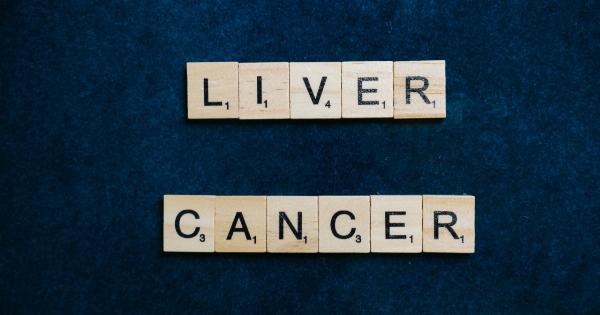Hepatocellular carcinoma (HCC), also known as primary liver cancer, is a malignant tumor that originates in the liver cells. It is the most common type of liver cancer and is responsible for a significant number of cancer-related deaths worldwide.
This comprehensive guide aims to provide a comprehensive overview of hepatocellular carcinoma, including its causes, symptoms, diagnosis, treatment options, and prevention strategies.
What Causes Hepatocellular Carcinoma?
Several risk factors can increase the likelihood of developing hepatocellular carcinoma. The most common cause is chronic infection with the hepatitis B or C virus.
Other risk factors include heavy alcohol consumption, aflatoxin exposure (a toxin produced by certain molds), non-alcoholic fatty liver disease, cirrhosis, and certain inherited liver diseases.
Signs and Symptoms of Hepatocellular Carcinoma
In the early stages, hepatocellular carcinoma may not cause any noticeable signs or symptoms. As the tumor grows, the following symptoms may develop:.
- Jaundice (yellowing of the skin and eyes)
- Abdominal pain or discomfort
- Unexplained weight loss
- Loss of appetite
- Fatigue or weakness
- Enlarged liver
- Swelling in the abdomen
Diagnosing Hepatocellular Carcinoma
Diagnosing hepatocellular carcinoma involves a combination of medical history evaluation, physical examination, and various diagnostic tests. These tests may include:.
- Blood tests to check liver function and detect certain markers associated with liver cancer
- Imaging tests such as ultrasound, CT scan, and MRI to visualize the liver and detect any abnormalities
- Biopsy, which involves removing a small sample of liver tissue for laboratory analysis to confirm the presence of cancer cells
Treatment Options
The choice of treatment for hepatocellular carcinoma depends on various factors, including the stage of the cancer, the severity of liver damage, and the overall health of the patient. Treatment options may include:.
- Surgery to remove the tumor, such as a liver resection or liver transplant
- Localized treatments, such as radiofrequency ablation, microwave ablation, or ethanol injection, to destroy the cancer cells
- Radiation therapy, which uses high-energy radiation to kill cancer cells
- Systemic treatments, such as chemotherapy, targeted therapy, or immunotherapy
Prevention of Hepatocellular Carcinoma
While it may not be possible to prevent all cases of hepatocellular carcinoma, certain measures can help reduce the risk. These include:.
- Getting vaccinated against hepatitis B
- Practicing safe sex to avoid contracting hepatitis B or C
- Avoiding high-risk behaviors, such as intravenous drug use
- Maintaining a healthy weight and avoiding excessive alcohol consumption
- Protecting yourself from exposure to toxins, such as aflatoxin
Living with Hepatocellular Carcinoma
Being diagnosed with hepatocellular carcinoma can be challenging, both physically and emotionally. It is important to seek support from healthcare professionals, family, and friends.
Making healthy lifestyle choices, following the treatment plan, and attending regular follow-up appointments can significantly improve the quality of life and prognosis for individuals with hepatocellular carcinoma.
Conclusion
Hepatocellular carcinoma is a serious form of liver cancer that requires early detection, accurate diagnosis, and appropriate treatment.
By understanding the causes, symptoms, diagnosis, and treatment options of hepatocellular carcinoma, individuals can make informed decisions about their health and take steps to reduce their risk of developing this devastating disease.






























